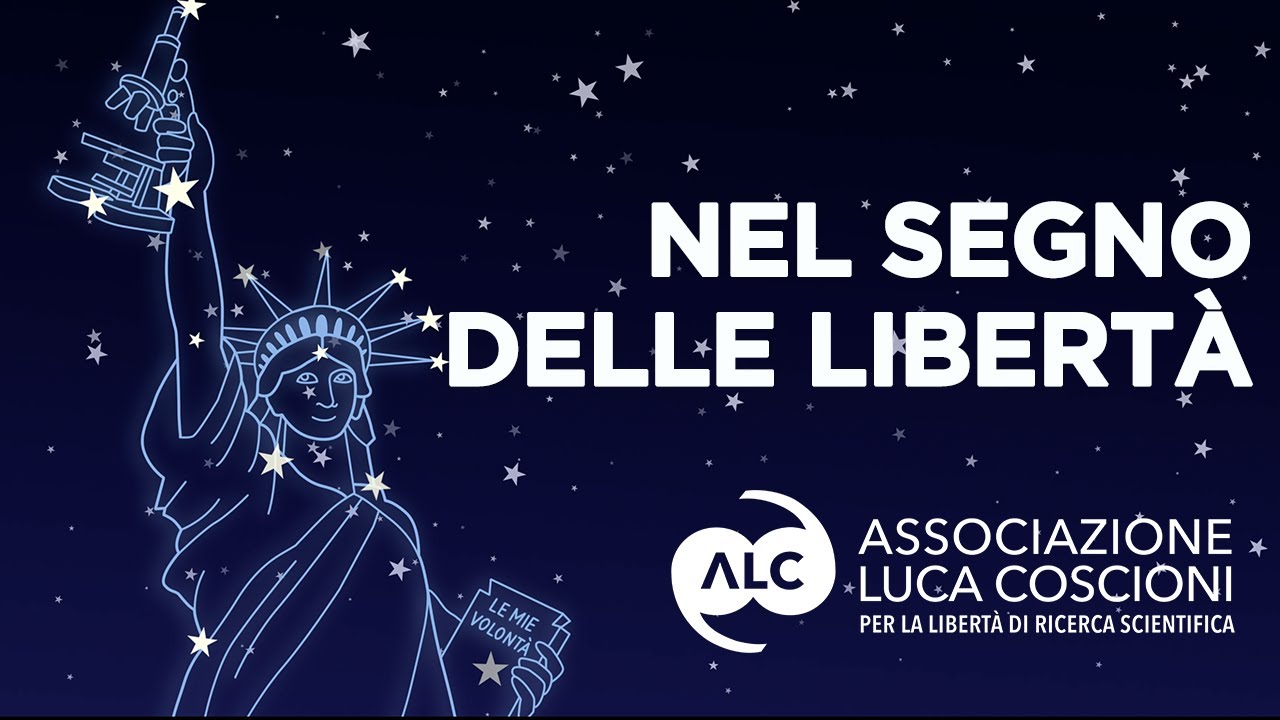Why scientists should embrace nonviolent praxis
Although there is a tradition of scientists committed to peace, science and nonviolence haven’t crossed paths regularly. Today, the path seems rougher than before, with scientists pushing for freedom of research and innovation, and citizens demanding precaution in a climate of political disrespect for scientific truth.
In new research on the political controversies surrounding innovation and precaution in the European Union, Roberto Baldoli and Claudio Radaelli argue that a reconciliation between precaution and innovation is possible provided that scientists embrace nonviolence as a process enhancing social trust via the assumption of responsibility for the consequences of the praxis of scientific research. The two political scientists go further to suggest many ways in which nonviolence is not an ethical position, but rather a praxis. As praxis, nonviolence has huge potential for scientists and freedom of scientific research, thus making state regulation via precaution and prohibitions no longer necessary.
The arguments of their study on Reconciling Innovation and Precaution through Nonviolence, now under review at a scientific journal, were first aired by Roberto at the Italian Political Science Association annual meeting in Urbino, Italy (14-16 September 2017), as part of a panel on the possible usages of knowledge in policy process chaired by Professors Gloria Regonini and Tullia Galanti. Claudio and Roberto then contributed to the annual congress of the Associazione Luca Coscioni for freedom of scientific research in Turin, Italy, 29-30 September 2017. The whole theme of the Congress was Science and Nonviolence, and the day before the Congress was entirely dedicated to current research on prohibited substances like DMT, MDMA, LSD and Cannabis.
Claudio kicked-off the discussion with an interview for the ALC newsletter and a presentation to the Congress, where he also suggested a Recommendation that was formally endorsed by the Presidency and adopted. In Turin, Claudio was also elected to the General Council of the Association. Whilst most of the Congress was dedicated to how activists can support science with their civil disobedience and nonviolent techniques, the thrust of Claudio and Roberto’s argument is that scientists themselves can get a lot from nonviolence.
Later in 2018 the ALC will organize a World Congress meeting on Freedom of Scientific Research in Brussels. Watch this space.

L’Associazione Luca Coscioni è una associazione no profit di promozione sociale. Tra le sue priorità vi sono l’affermazione delle libertà civili e i diritti umani, in particolare quello alla scienza, l’assistenza personale autogestita, l’abbattimento della barriere architettoniche, le scelte di fine vita, la legalizzazione dell’eutanasia, l’accesso ai cannabinoidi medici e il monitoraggio mondiale di leggi e politiche in materia di scienza e auto-determinazione.
